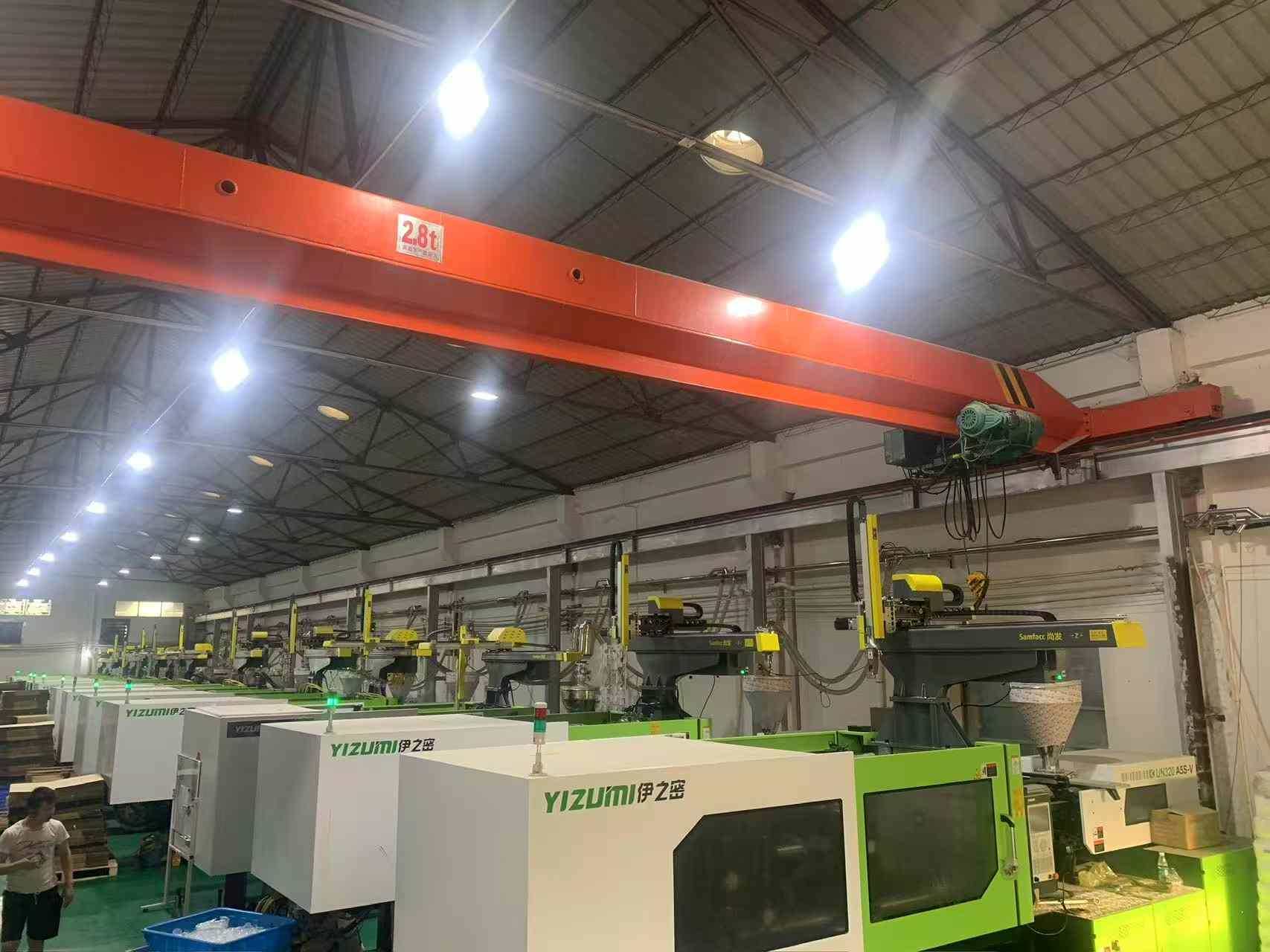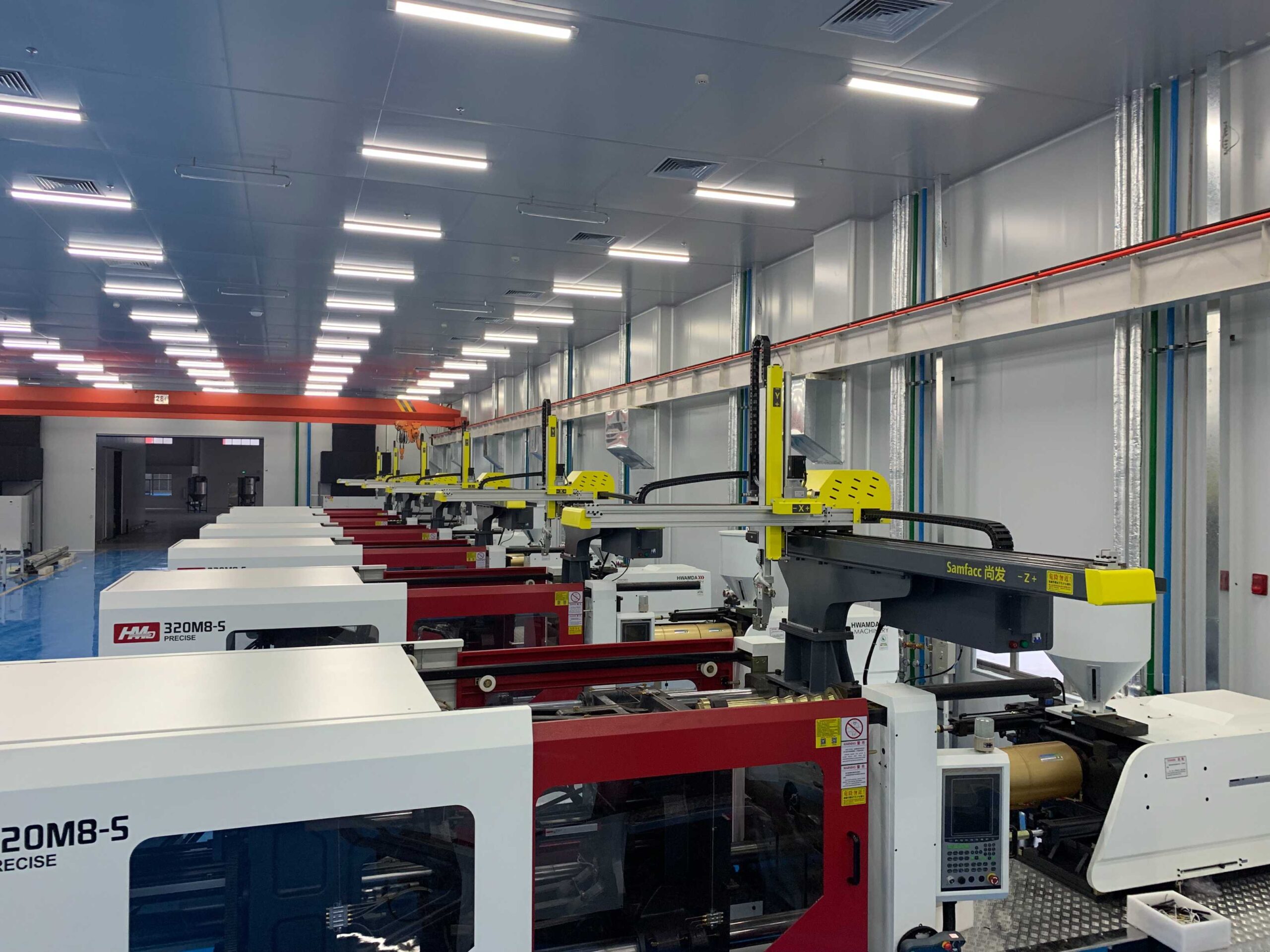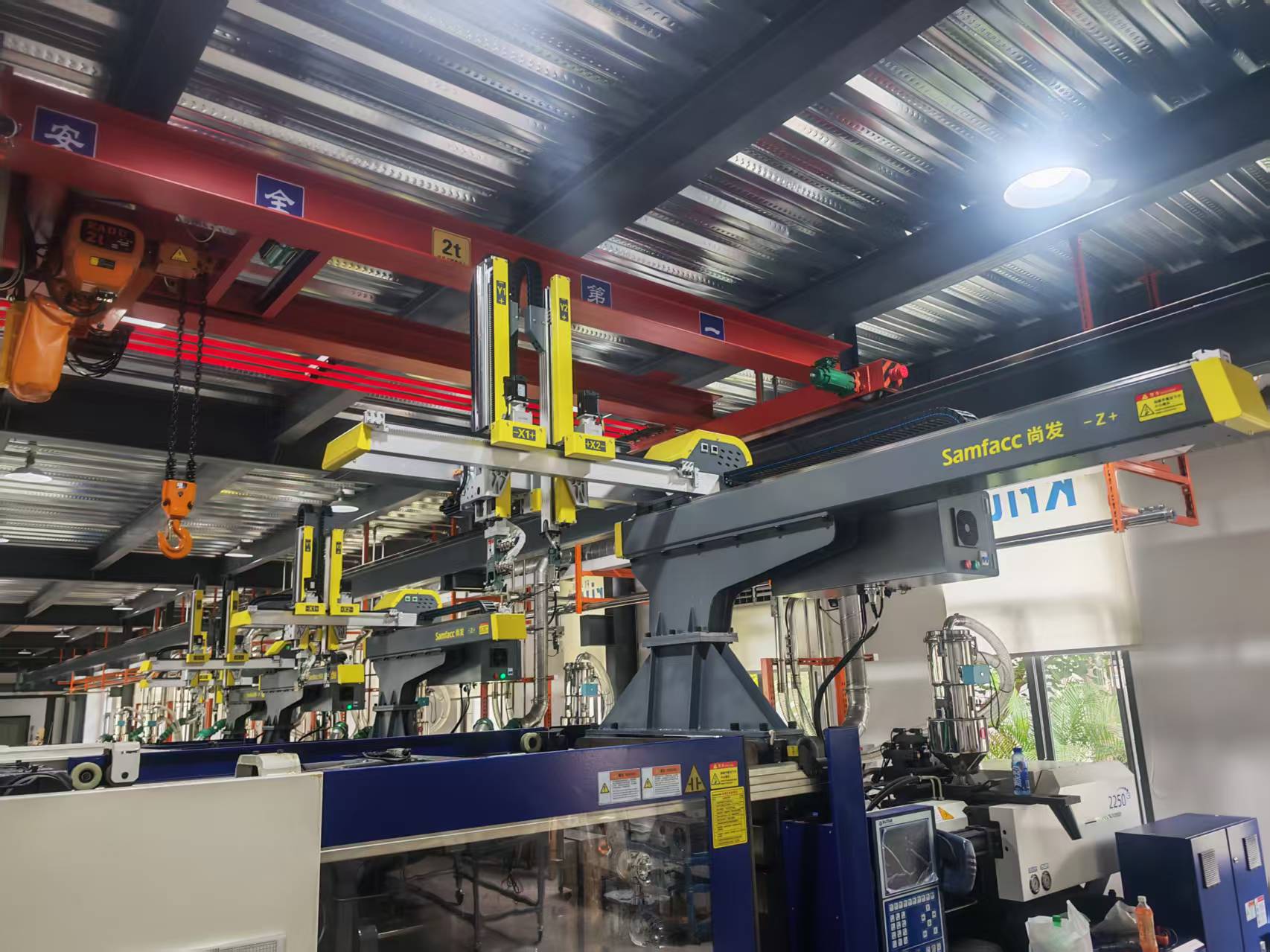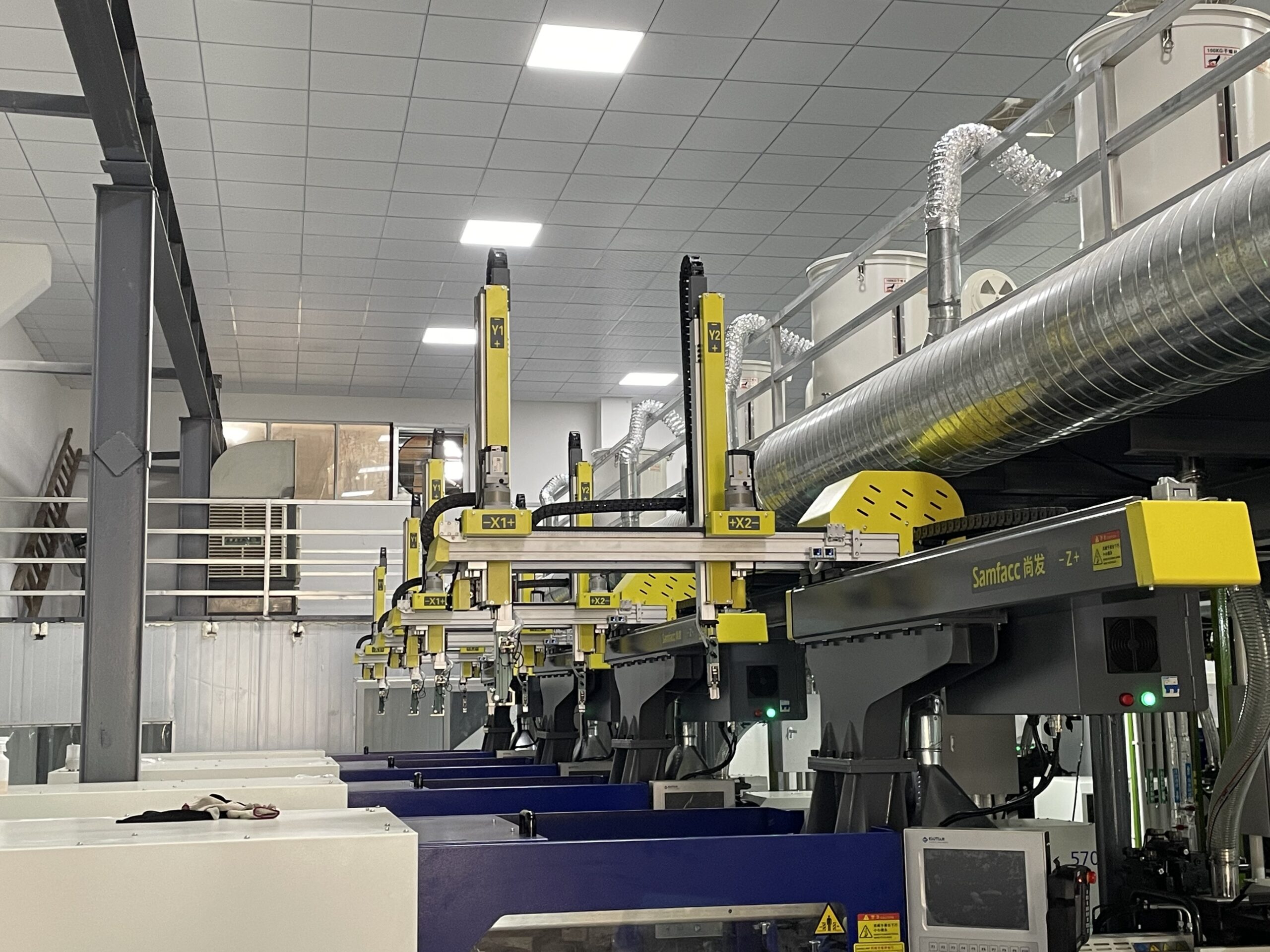A Closer Look on Injection Automation Machines
Injection automation machines have revolutionized the manufacturing landscape, offering precision and consistency in production processes. These machines are particularly popular in plastic injection molding and various other industries, delivering enhanced productivity while maintaining top-notch quality.
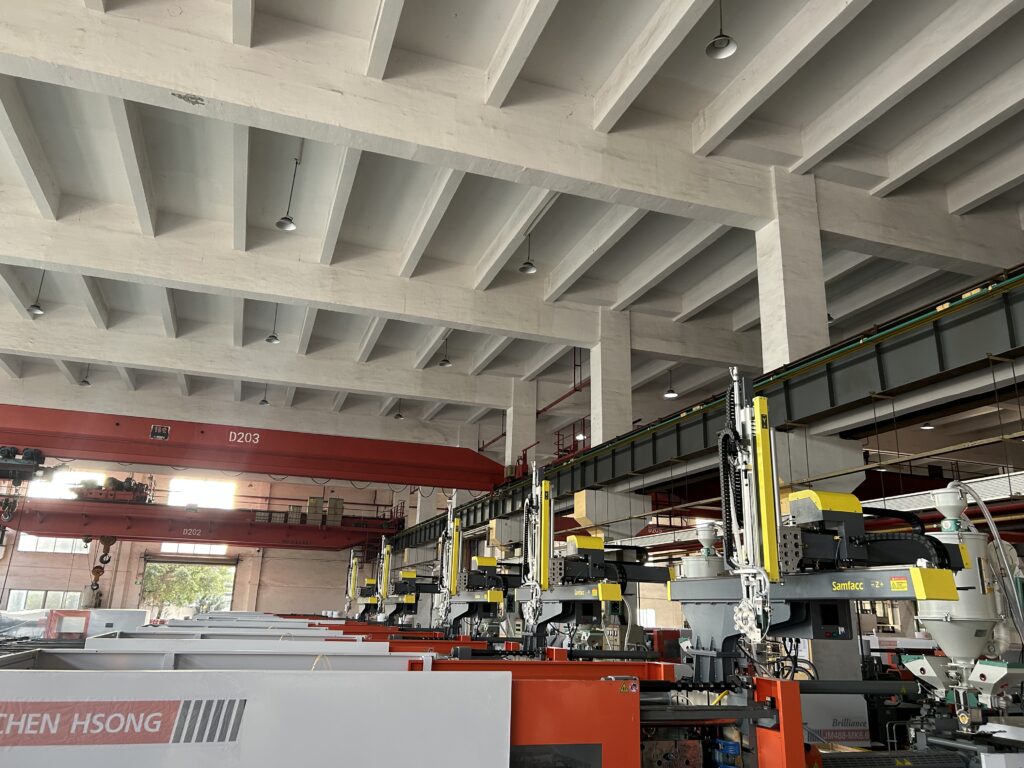
What is an Injection Automation Machine?
An injection automation machine, commonly used in manufacturing, automates injecting materials—such as plastics, metals, or composites—into a mold to produce items in bulk. By streamlining this injection process, these machines can produce items at high speed with exceptional accuracy, meeting strict industry standards.
Injection automation machines are essential for industries that need rapid, precise production of components, from automotive and aerospace to consumer electronics and medical devices. By reducing manual input, these machines ensure uniformity, efficiency, and safety across production lines.
Key Benefits of Using Injection Automation Machines
1. Enhanced Efficiency and Productivity: Automation significantly increases production speed and output volume. Injection machines reduce manual labor, enabling manufacturers to run large-scale production without compromising quality.
2. Precision and Consistency: Human error can be costly, particularly in mass production. Injection automation machines operate with exact precision, minimizing the chances of flawed products and ensuring that every piece meets quality standards.
3. Cost Savings Over Time: Although initial setup costs for automation machines can be high, they offer significant savings in the long run by reducing labor costs, material waste, and defects.
4. Improved Safety: Automation decreases the need for hands-on interaction in potentially hazardous settings, protecting employees from exposure to hot materials and heavy machinery. Safety protocols within these machines further enhance workplace security.
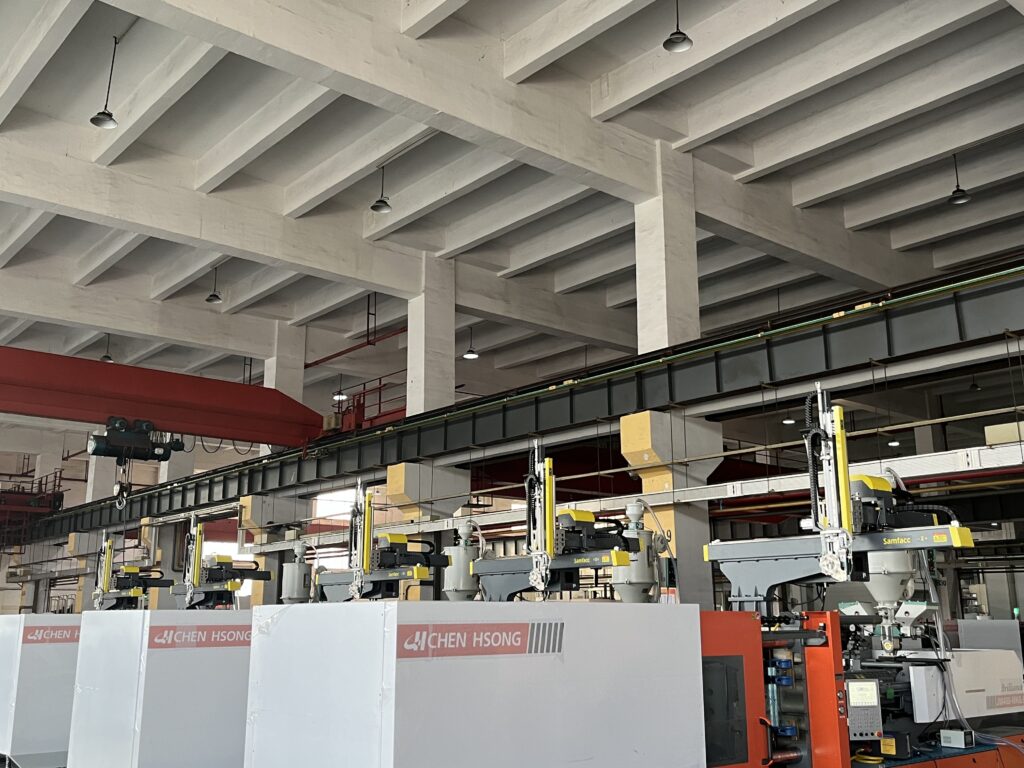
Applications of Injection Automation Machines Across Industries
Automotive Industry: In the automotive sector, injection automation machines create precise parts, from dashboards and bumpers to small, intricate engine components. High production rates and strict quality control are essential in this industry, making automation a perfect fit.
Medical Device Manufacturing: Medical devices require high precision and biocompatible materials. Injection automation machines help produce components for medical instruments, syringes, and implantable devices, all with the exact specifications needed for patient safety.
Consumer Electronics: Electronics rely on small, precise components, and these machines enable manufacturers to create everything from smartphone cases to circuit board housing with incredible accuracy.
Aerospace and Defense: Aerospace parts demand strict tolerances and quality assurance. These machines produce various components essential to the aerospace industry, including connectors and insulation parts, that meet stringent regulatory standards.
Conclusion
Injection automation machines are essential for modern manufacturing, enhancing efficiency, precision, and safety. By adopting these machines, industries can produce high-quality, consistent products at scale, meeting the demands of today’s competitive markets. As technology advances, the capabilities of injection automation machines will only expand, offering greater innovation, sustainability, and productivity across a wide array of sectors.


